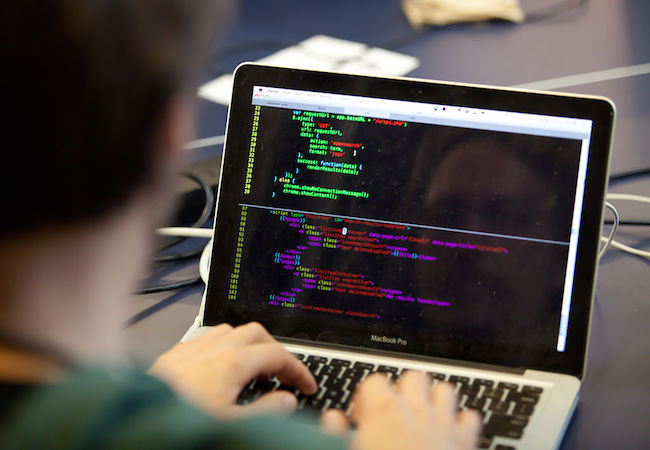Early signs of change with China: one Internet or two?

By Greg Francis
The World Internet Conference in Wuzhen, China—also called the Wuzhen Summit—now in its fifth year, is the place for foreign representatives of the Internet Economy to glean ways to do business with the Asian giant. After several years of media blackouts and boycotts, this year’s conference yielded a disturbing new impasse in China’s stance toward a global internet and the free trade associated with it. In reaction to its government’s preference to control the flow of information and trade, China has been building its own Internet with Chinese characteristics. However, this would hobble Chinese tech companies and overall growth, while shutting out global trade. The far more business friendly alternative discussed at the summit is a global service the Chinese government can live with. So what would that look like… And which will it be?
To avoid overregulation and eventual balkanization of the Internet, participants in the Internet economy have no choice but to start suggesting how they believe they should be regulated, just as Facebook and Apple have done in the United States by calling for stronger data protection laws, and as just about every tech company is prepared to do to get into China. Until the leaders of the Internet Economy get in front of this regulatory trend and offer their own suggestions, we risk discovering that we’ve been drawn into an altered Internet.
To be able to offer a global service, Chinese Internet companies will need their government to be comfortable with one Internet, a desire that makes them the principal advocates of the multilateral governance model. Hence we see the chief executive of Weibo telling his counterparts in Wuzhen that, to combat fake news, it is necessary for Internet companies to “amplify official voices” (which sounds ominous until you consider that Facebook has a means of “reducing” voices of any kind, which amounts to the same thing). Other Chinese tech titans, from Tencent, Foxconn, and Alibaba all expressed some form of public support for an Internet with UN oversight. In Wuzhen, we got the sense that there is managed disagreement within China, with neither position being obviously ascendant, since neither has to be: the perfect hedge is to aim for both and see which solution—one Internet or two—gets China the best deal.
The debate on the world wide web has extended to other corners of the globe, too. According to French President Emmanuel Macron, two kinds of Internet are emerging: one that is characterized by California-style self-regulation, and the other based on China’s strong state-controlled model. At the 2018 Internet Governance Forum (IGF), Macron posited a third model based on cooperative regulation that is set and honed by inviting web giants and governments to regulate the Internet together. Facebook has backed this initiative by allowing French regulators to work closely with the company in monitoring its actions to combat hate speech. Macron also proposed a European digital tax, which will force tech giants to pay their fair share of taxes as individual European companies.
Then there is the rest of the world, much of which really doesn’t care what happens. True, most of the international community leans toward more oversight of social media outlets, information sources, and sales platforms—to wit, European finance ministers seeking taxes on Internet transactions, and the International Telecommunication Union’s governing body in Dubai calling for a treaty on cybersecurity that would give them more police power over industry. However, the surge in proposed regulation in these and other areas, from Argentina to Zimbabwe, makes it clear that the current western-backed, multistakeholder Internet model is underappreciated by governments that either don’t have a tech sector to protect and foster or, if they do, don’t care. Sadly, that adds up to a lot of governments, which together could wield significant collective bargaining power.
So which way will China go? One global Internet is possible only if China gets more of a hand in how the Internet is governed, likely through its preferred vehicle, the United Nations. Otherwise, we’re looking at splitting off digital trade with close to a fifth of the global population. With the current uneasy trade climate in which the U.S. President is not forwarding diplomacy, one thing is certain: we are starting to see and feel the changes of separatism and division on a global scale that we would never have had the opportunity to do before the Internet Era. In essence, regulation of the Internet is inevitable: it can be done with you, or against you. Whether or not China “secedes,” it is time for the global business community to get on board, before we are dragged there.
Greg Francis is the Managing Director of Access Partnership, a global public policy consultancy for the tech sector. Active in policy forums worldwide, Greg supports some of the world’s largest governments and companies in developing and executing public affairs strategies. He can be reached at greg@accesspartnership.com.




